Def Jam’s evolution wasn’t always moonlight and roses. There were years in the red, criminal allegations, power struggles, sell-offs and lulls in artistic quality. But through it all, the label has survived the storms and even with the departures of Rush, Rick and Lyor, the company has maintained not only its cultural significance in the confines of Hip-Hop and pop music, but also its commercial viability. Def Jam was and will always be Hip-Hop.
Rick Rubin produced T La Rock and Jazzy J’s “It’s Yours” from his dorm, and attracted the attention of party promoter Russell Simmons. That launching pad led to their official partnership and almost immediately to the rise of brash teen rapper LL Cool J and punk rock defectors turned frat rap act, the Beastie Boys, with Rick laying the aural groundwork and Russell injecting style and using his manager background as the platform to build them into viable acts of cultural relevance. Their ascension allowed for growth into an actual office and a partnership with CBS Records, which eventually became Sony, and gave them the fiscal wherewithal to expand.
That expansion came with the second wave of acts including storyteller Slick Rick, fresh from his departure from partner-in-rhyme Doug E. Fresh, and revolutionary act Public Enemy. Chuck D’s urgent everyman persona and indignant lyricism were melded with Flav’s bizarre stage presence and the glass shattering sonic assault known as The Bomb Squad to produce some of the most contentious music rap had seen to that point. The salaciousness of Slick Rick’s sex and violence laden rhymes, and PE’s revolutionary aggression kept Def Jam on the edge of art driven controversy.
With expansion comes growing pains and Def Jam was no exception. Rubin left and Lyor Cohen filled his shoes. Flagship artist LL found himself temporarily out of favor with changing times, while new artists including Redman, Method Man (Def Jam actually passed on the entirety of Wu-Tang), EPMD, Boss, and Onyx were moving units, but the company still found itself treading in the red. In the midst of fiscal turmoil, Def Jam signed Chronic collaborator Warren G, whose album Regulate … G Funk Era almost singlehandedly rescued the label from the throes of financial ruin and set the table for a deal for Polygram to buy Sony’s half of Def Jam.
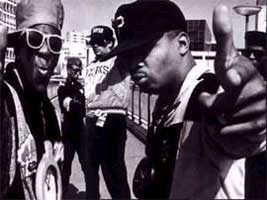 By this time rap was bursting through the pop culture scene and labels dedicated solely to Hip-Hop were plentiful but the house that rap built continued to update its talent. The evolution of rap was flipping styles at warp speed and everyday presented a new metamorphosis. And one young Def Jam executive was so far ahead of the curve, the team he brought in didn’t just keep up, they raised the bar even further. A former intern Kevin Liles rose to the office of president of the Label, while Lyor and Russell served as co-chairmen. Enterprising A&R executive Irv Gotti added a complement that would push Def Jam well into the new millennium.
By this time rap was bursting through the pop culture scene and labels dedicated solely to Hip-Hop were plentiful but the house that rap built continued to update its talent. The evolution of rap was flipping styles at warp speed and everyday presented a new metamorphosis. And one young Def Jam executive was so far ahead of the curve, the team he brought in didn’t just keep up, they raised the bar even further. A former intern Kevin Liles rose to the office of president of the Label, while Lyor and Russell served as co-chairmen. Enterprising A&R executive Irv Gotti added a complement that would push Def Jam well into the new millennium.
Gotti had a hand in bringing Murder Inc. to life as well as Def Jam offering Roc-A-Fella a distribution deal. Of course this brought Jay-Z and Ja Rule, as well as to the roster. The pair was recording for Def Jam when lyricism was taking literary type strides and both did the label justice in that realm.The drug dealing and torment of a life born of the concrete jungle were present. Jay’s startling and introspective lyricism added depth of character to the once one dimensional drug dealer archetype; adding the psychological, internal elements of being involved in the streets.
Ja Rule added yet another layer to rap’s ever changing style with the singing of his own hooks. He took plenty of pot shots at the time, but it’s a normal practice these days. In addition, IRV had a hand in bringing in DMX whose hyper-masculine music singlehandedly turned Hip-Hop from the shiny suits of Bad Boy on to darker territory along with incredible sales figures. The trio headlined the Hard Knock Life Tour which grossed record numbers and coincided with the departure of Russell from the label with a 100 million dollar buyout from Universal.
With no founders on board, but a strong roster of artists, Def Jam forged ahead, allowing the mini movements under it’s umbrella to power it’s forward progress. In 2004, following the dissolution of Rocafella Records, artist Jay-z after almost a decade with Rocafella took over as president of Def Jam, much to the chagrin of former partners Damon Dash and Kareem Burke.
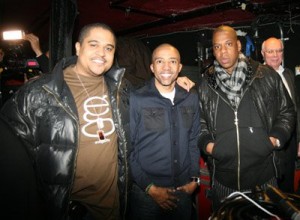
During his tenure, Def Jam’s artistic feel changed drastically, aiming for the burgeoning South, which had by that time began to usurp New York as the prime mover of both music and culture. Artists like Young Jeezy and Rick Ross became large parts of the label’s forefront of artists along with Jay himself, who returned from retirement with two platinum albums of his own.
Many detractors noted that while Jay-Z promised a new day for artists, older established Def Jam veterans such as Redman and Method Man, Joe Budden, and label backbone LL Cool J were seemingly given the cold shoulder. While Jay-Z’s tenure can be called a moderate success, it would not last nearly as long as those who came before him and he vacated his seat upon the end of his initial three year term. His successor, the immensely talented and hard working Shakir Stewart, unfortunately met with an untimely death.
Hip-Hop as a culture and as a movement has always been able to count as a beacon. It is our legitimacy. It has been as responsible for the music progressing as it has been for some of our culture regressing. But more than anything it has been the epicenter and compass for that part of Hip-Hop that has nothing to do with joy: the business. As powerful as this music is, the music business funnels and directs that energy, and of every label that has ever blown up or blown out an artist, there has been one constant the last 25 years. The needle. The logo. Def Jam. They’ll probably be around for the next 25 unless…
Follow Odeisel on Twitter @ http://twitter.com/odeisel
Follow shelz on Twitter @ http://twitter.com/shelzp
Follow Us on Twitter @ http://twitter.com/planetill
Join Us on the Planet Ill Facebook Group for more discussion
Check out Planet Ill’s page on Essence.com
Follow us on Networked Blogs

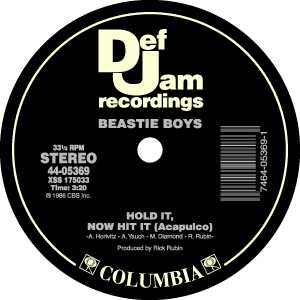
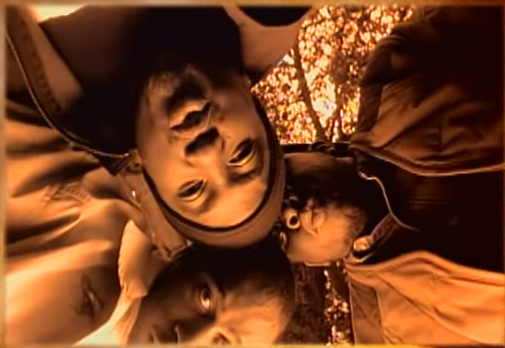
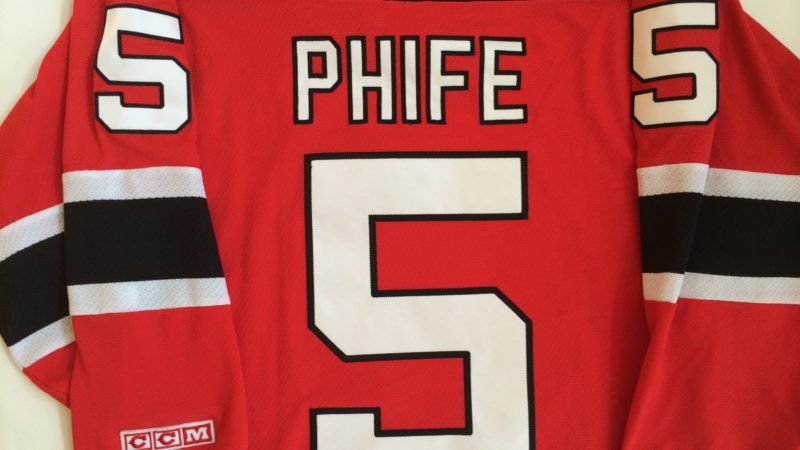


2 thoughts on “2009 Wrap-Up:Def Evolution”